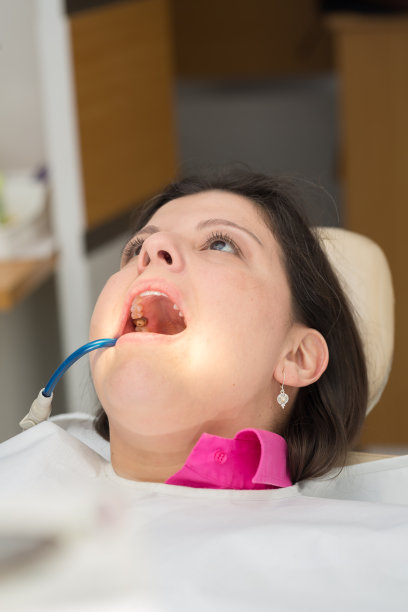Understanding Periodontal Disease Risk Factors and Effective Strategies for Prevention and Treatment in Dental Health
Summary: Periodontal disease poses a significant risk to dental health, with various risk factors and a range of effective strategies for prevention and treatment. This article offers a comprehensive examination of understanding the underlying risk factors associated with periodontal disease, creating practical prevention strategies, exploring treatment options, and emphasizing the importance of regular dental care. By grasping these concepts, individuals can effectively manage their oral health and mitigate the risks associated with periodontal disease. Through awareness and action, one can maintain a healthy and vibrant smile.
1. Identifying the Risk Factors

Understanding the risk factors associated with periodontal disease is critical for effective prevention. The most prevalent factors include smoking, poor oral hygiene, and genetic predisposition. Smoking significantly hampers blood flow to the gums and reduces healing capacities, making smokers more susceptible to gum infections.
Poor oral hygiene is another dominant factor that contributes to periodontal disease. Accumulation of plaque and tartar creates an environment in which harmful bacteria thrive, leading to inflammation and deterioration of gum tissue. Routine brushing and flossing are essential to disrupt this cycle and prevent disease onset.
Lastly, genetic factors play a crucial role. Some individuals may inherit traits that predispose them to gum disease, indicating that familial background can significantly impact dental health. Understanding these risk factors helps individuals take proactive measures to safeguard their gum health.
2. Strategies for Prevention
Implementing effective strategies for preventing periodontal disease can significantly reduce the risk. First and foremost, maintaining a meticulous oral hygiene routine is essential. Regular brushing with fluoride toothpaste and daily flossing should be non-negotiable practices for anyone aiming to prevent gum disease.
In addition to personal hygiene, a balanced diet rich in vitamins and minerals supports gum health. Particular attention should be given to nutrients like Vitamin C, which has been shown to play a vital role in maintaining gum integrity. Foods such as citrus fruits, leafy greens, and nuts can be both delicious and beneficial.
Furthermore, regular dental check-ups help identify issues before they escalate. Professional cleanings eliminate plaque build-up that brushing alone may miss, while dental exams allow for the early detection of signs of periodontal disease, ensuring timely intervention.
3. Treatment Options for Periodontal Disease
Once periodontal disease is diagnosed, several treatment options can help manage the condition effectively. The first line of treatment typically involves non-surgical options, such as scaling and root planing. This procedure cleans below the gum line, helping to remove plaque and tartar from deep pockets in the gums.
If non-surgical treatments are insufficient, surgical interventions may become necessary. Procedures like flap surgery enable dentists to access and clean deeper portions of the gums effectively. Additionally, bone grafting may be employed to restore lost bone due to advanced periodontal disease.
Moreover, maintaining good oral hygiene post-treatment is crucial. Patients are often educated about proper brushing techniques and the importance of regular dental visits to ensure long-term success. Consistent follow-ups can help prevent recurrence and maintain the health achieved through treatment.
4. The Importance of Regular Dental Care
The importance of regular dental care cannot be overstated when it comes to preventing and managing periodontal disease. Regular visits to the dentist allow for professional cleanings and assessments that help keep gum health in check. During these visits, dentists often have the expertise to identify early signs of periodontal issues that patients might overlook.
Education is another essential element of dental care. Dentists can provide valuable insights into individual risk factors and help patients develop personalized oral health plans. This individualized approach fosters a proactive attitude toward dental well-being.
Additionally, dental professionals can offer the latest advancements in periodontal care, making it easier than ever to maintain optimal gum health. By staying informed and engaged in dental care, individuals enhance their ability to combat periodontal disease effectively.
Summary:
In conclusion, understanding the risk factors and implementing effective strategies for the prevention and treatment of periodontal disease are fundamental to maintaining dental health. By being vigilant about oral hygiene, nutrition, preventive care, and seeking timely treatment, individuals can significantly reduce their risk of developing or worsening periodontal disease.
This holistic approach will not only enhance individual dental health but also contribute to overall well-being. Regular engagement with dental professionals ensures that one remains educated and prepared to tackle challenges associated with oral health. This article is compiled by Vickong Dental and the content is for reference only.


